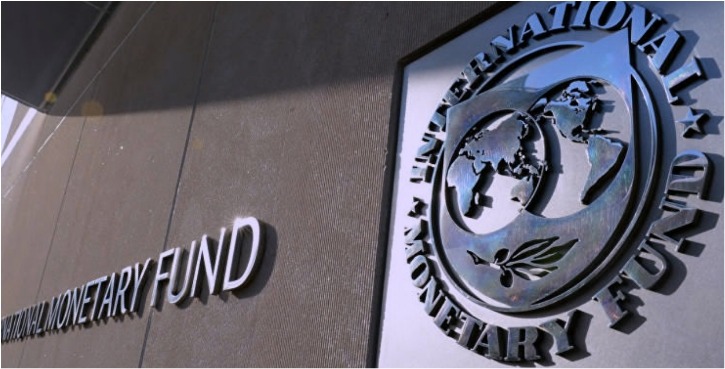
The International Monetary Fund (IMF) has approved a bailout program worth almost $3 billion for Sri Lanka over the next four years, with the aim of rescuing the country’s bankrupt economy. Sri Lanka has been grappling with tremendous economic and social challenges, including high inflation, depleted reserves, unsustainable public debt, a severe recession, and heightened financial sector vulnerabilities.
The IMF approval will unlock financing of up to $7 billion from the IMF and other international multilateral financial institutions. Sri Lanka has already taken steps to fulfill prerequisites of the IMF program, such as increasing income taxes significantly and removing electricity and fuel subsidies. However, authorities must now engage with Sri Lanka’s creditors to discuss how to restructure its debt.
President Ranil Wickremesinghe’s government is likely to face hostility from trade unions over its plans to privatize state ventures as part of its reform agenda. Public resentment may also grow if the government fails to take action against the Rajapaksa family, whom many believe are responsible for the economic crisis.
Sri Lanka’s currency crisis last year prompted the suspension of foreign debt repayment amid a severe foreign currency crisis. This was due to a fall in tourism and export revenue brought about by the COVID-19 pandemic, as well as megaprojects funded by Chinese loans that did not generate income. Additionally, releasing foreign currency reserves to hold exchange rates for a longer period compounded the problem.
These factors led to severe shortages of some foods, fuel, medicine, and cooking gas, resulting in angry street protests that forced then-President Gotabaya Rajapaksa to flee the country and resign.
Since taking over, Wickremesinghe’s government has managed to reduce shortages and end hours-long daily power cuts. The Central Bank has also reported that its reserves have improved, and the black market no longer controls the foreign currency trade.
IMF Managing Director Kristalina Georgieva has stated that “Institutions and governance frameworks require deep reforms. For Sri Lanka to overcome the crisis, swift and timely implementation of the EFF-supported program with strong ownership for the reforms is critical.”
The IMF approval is expected to give the Sri Lankan economy a much-needed boost, but whether it will be enough to address the country’s significant economic problems remains to be seen.
